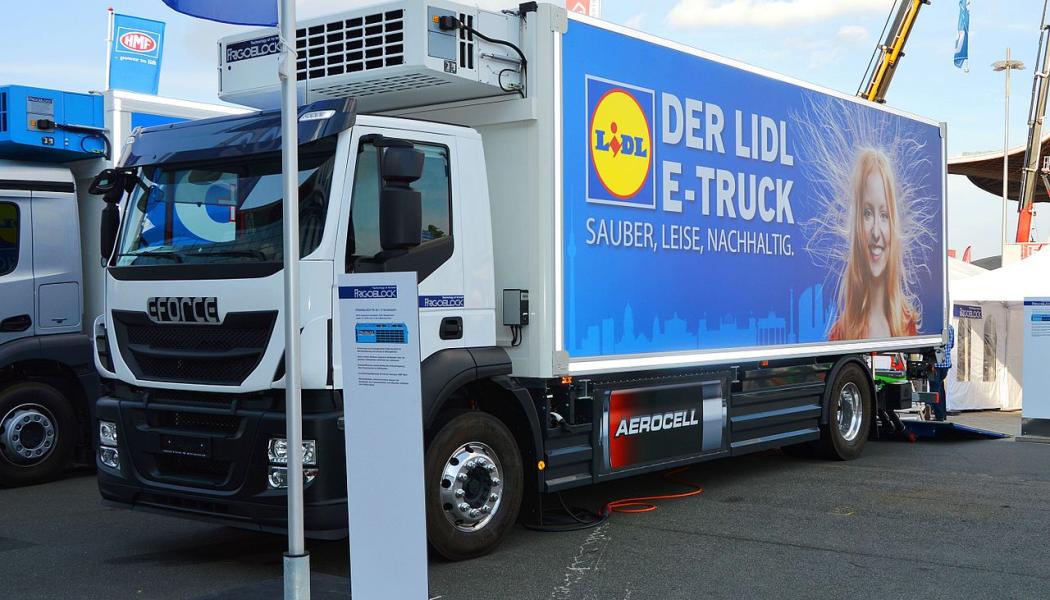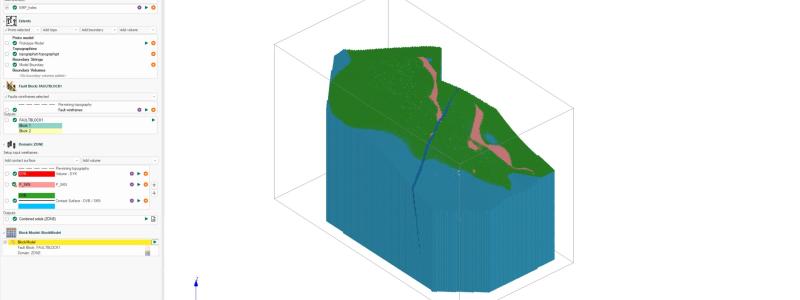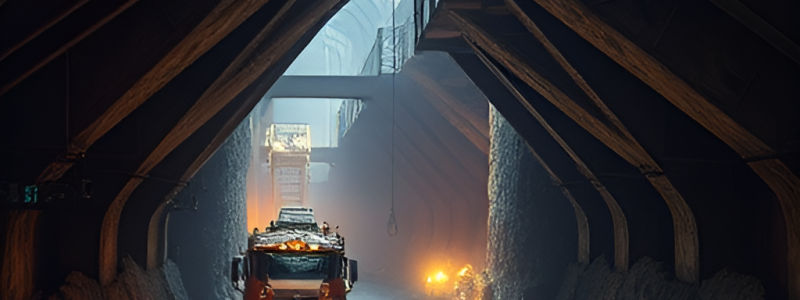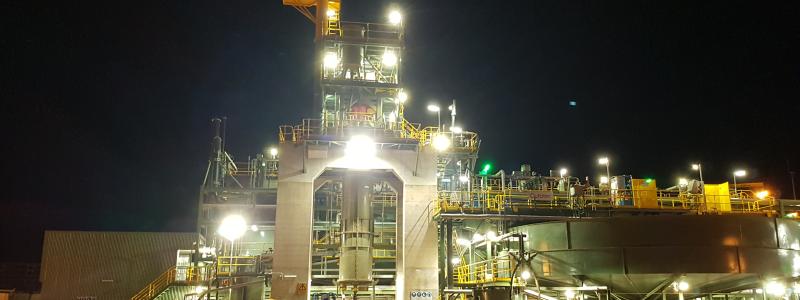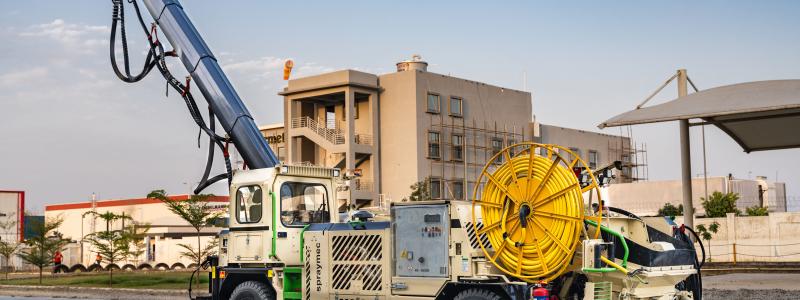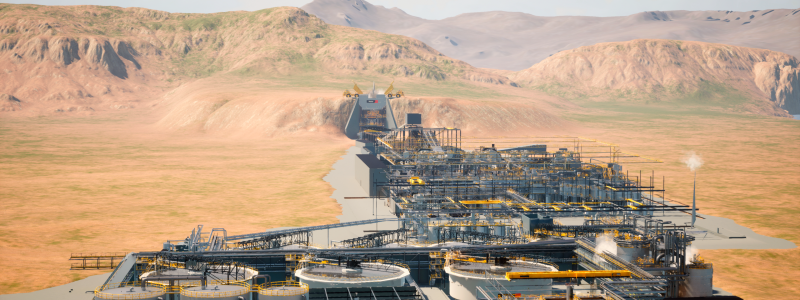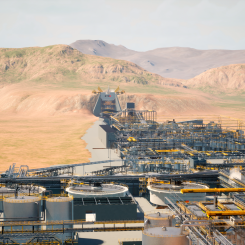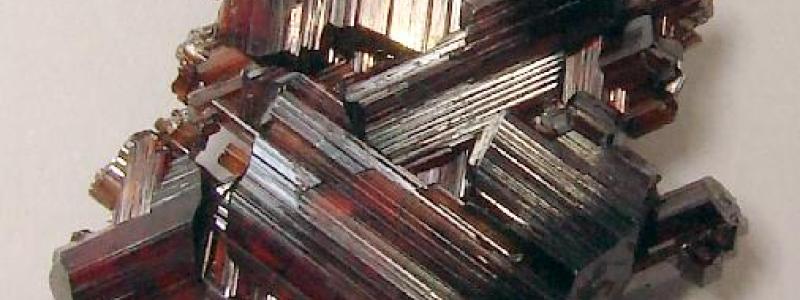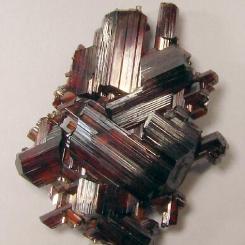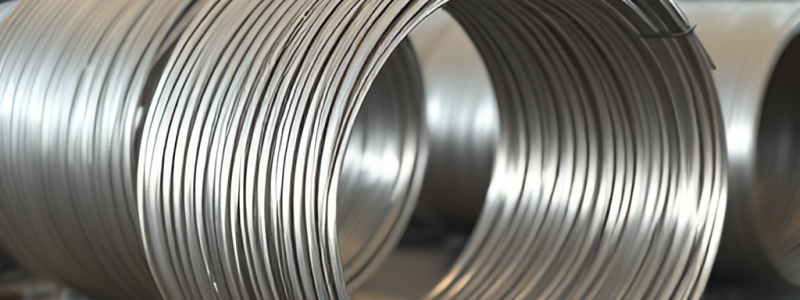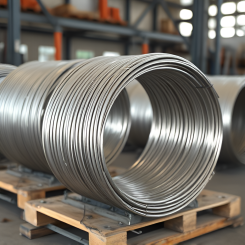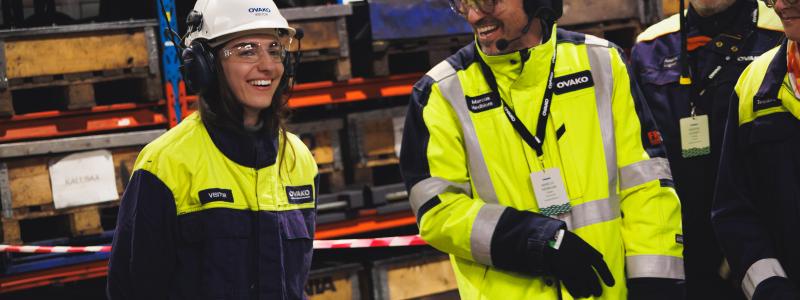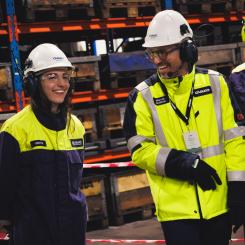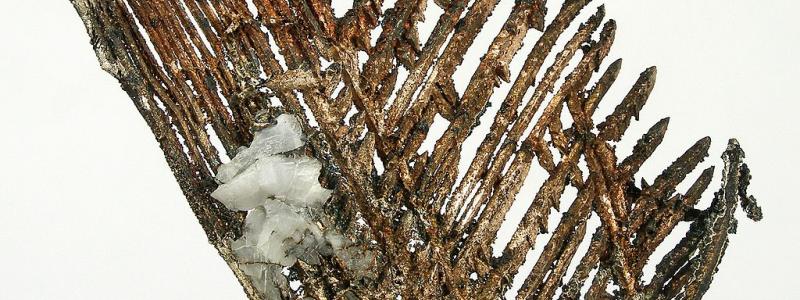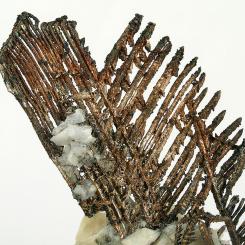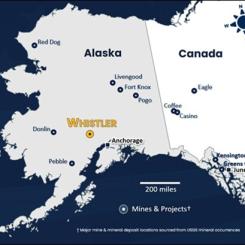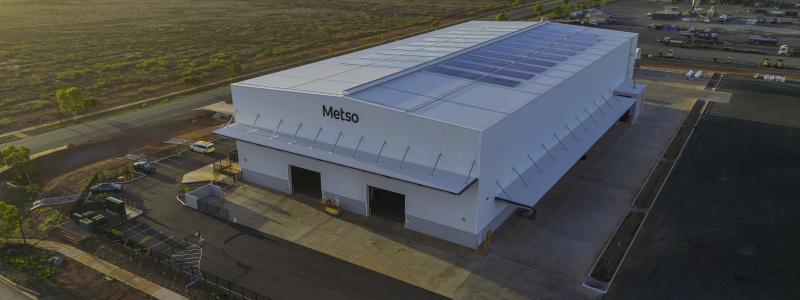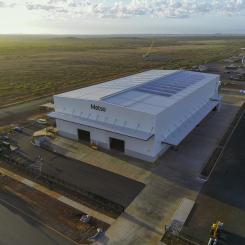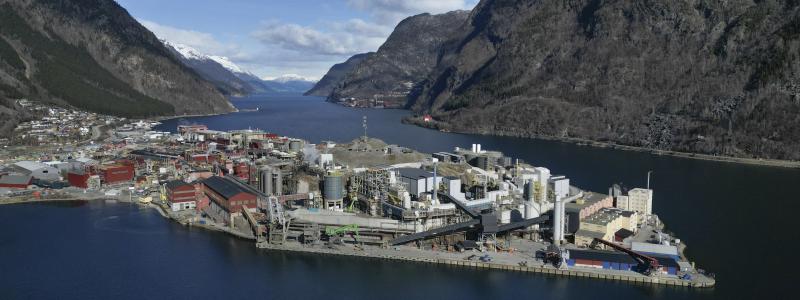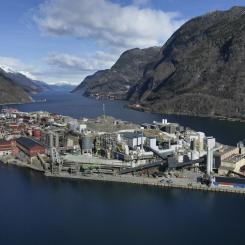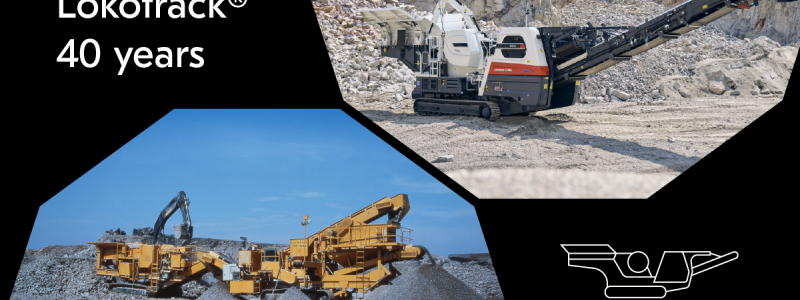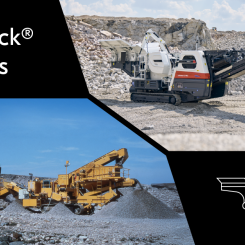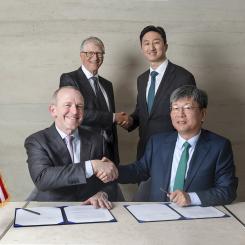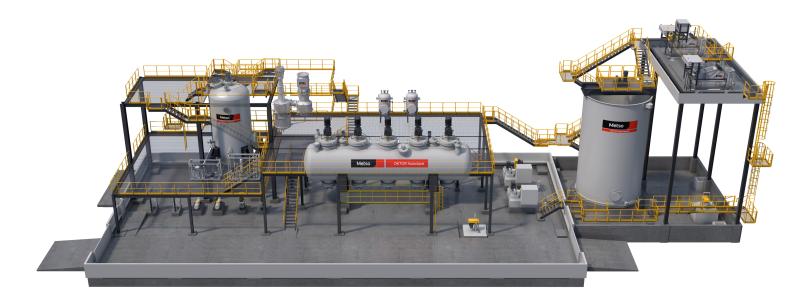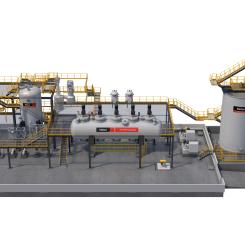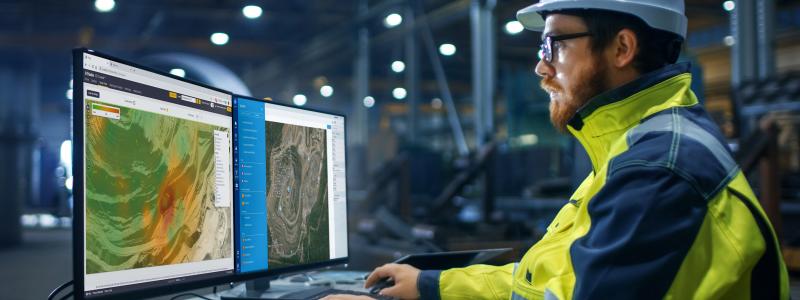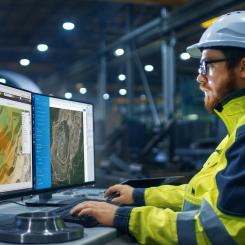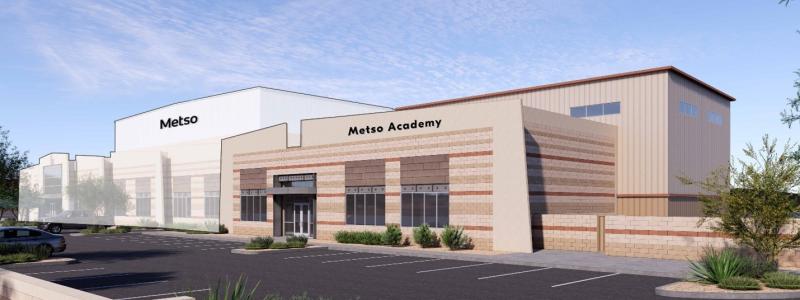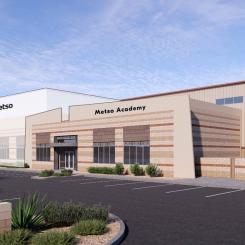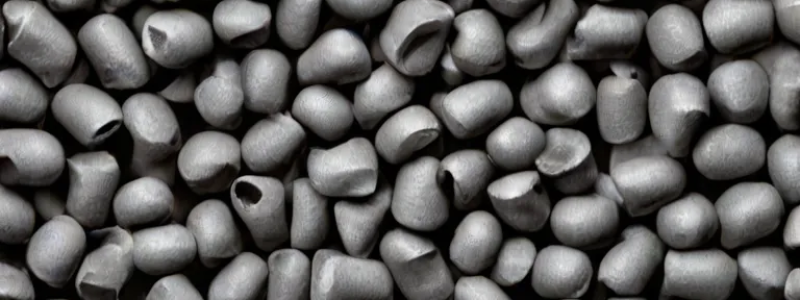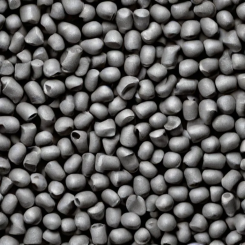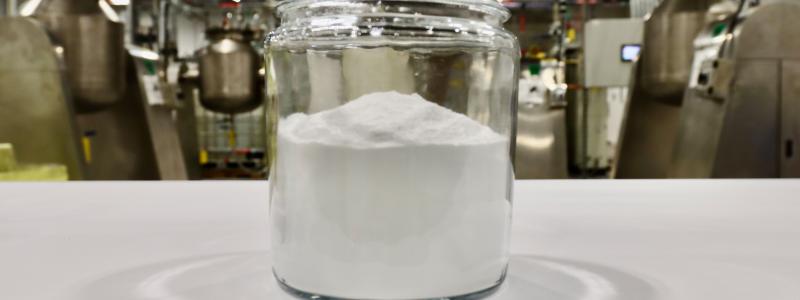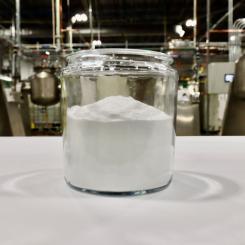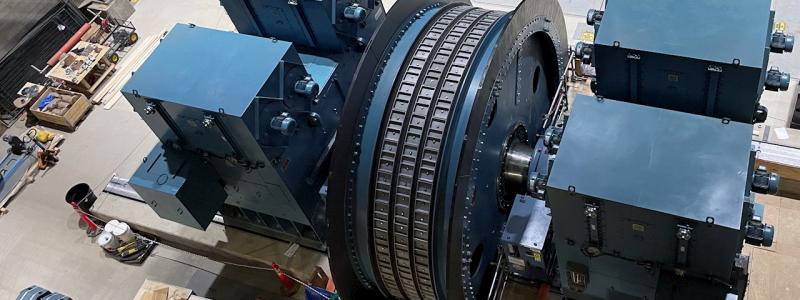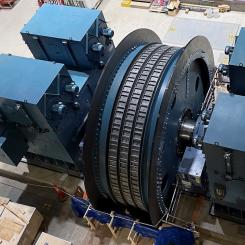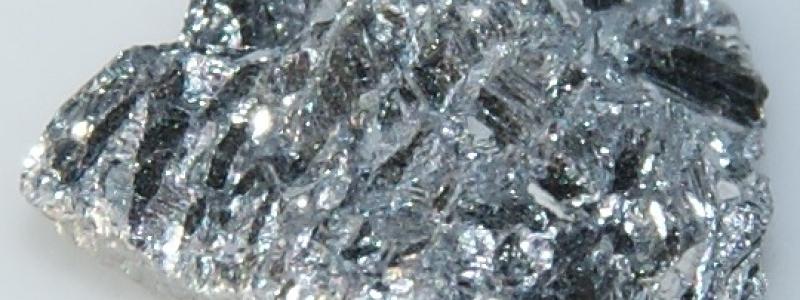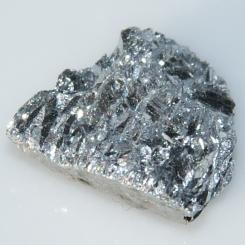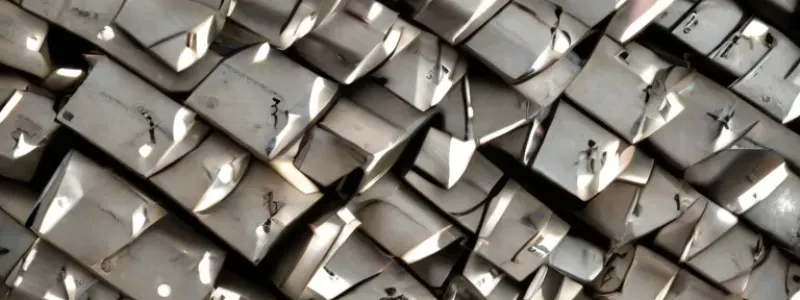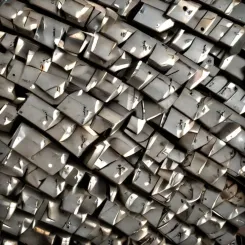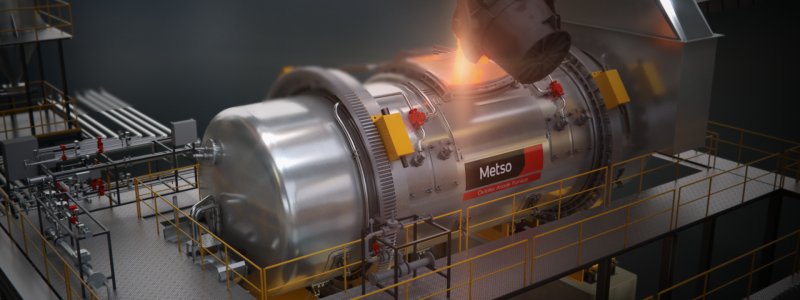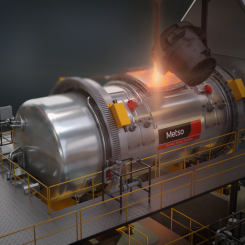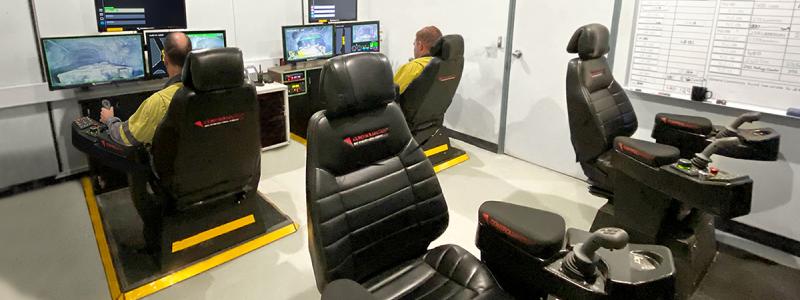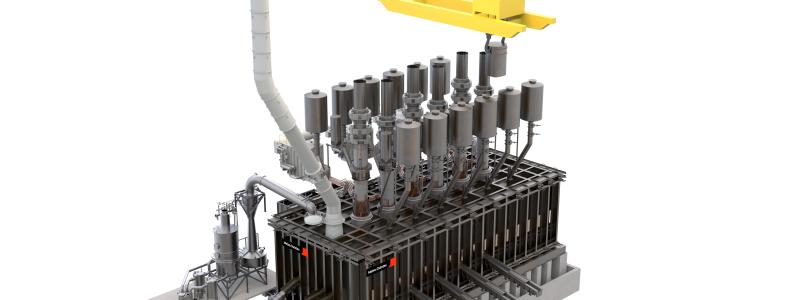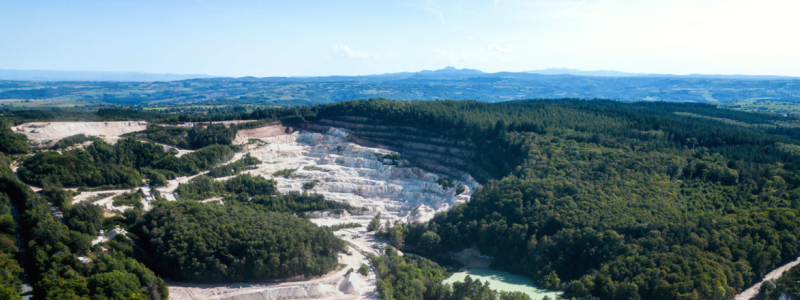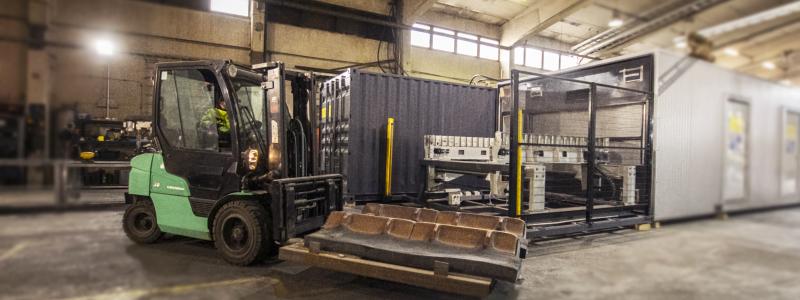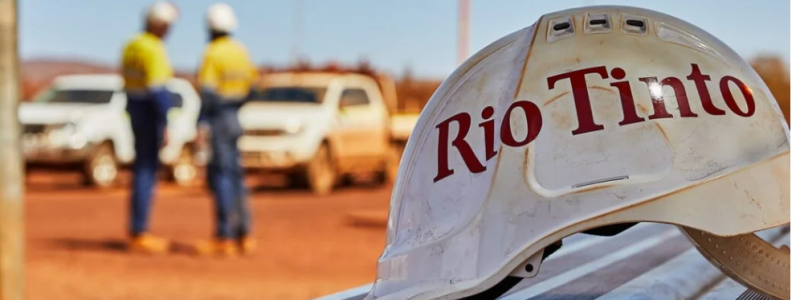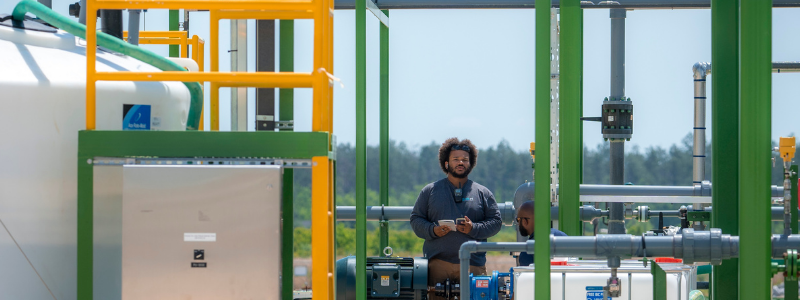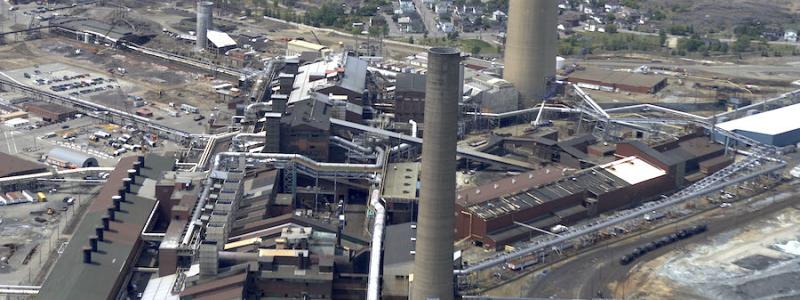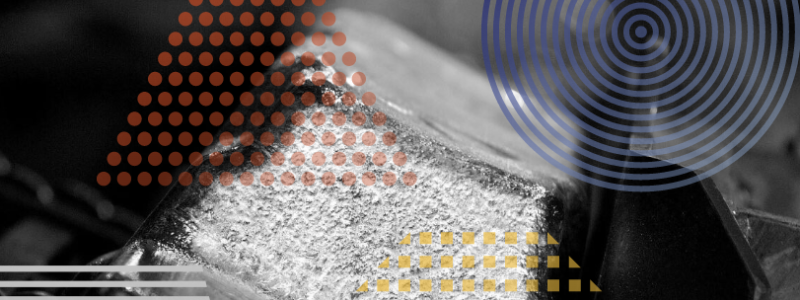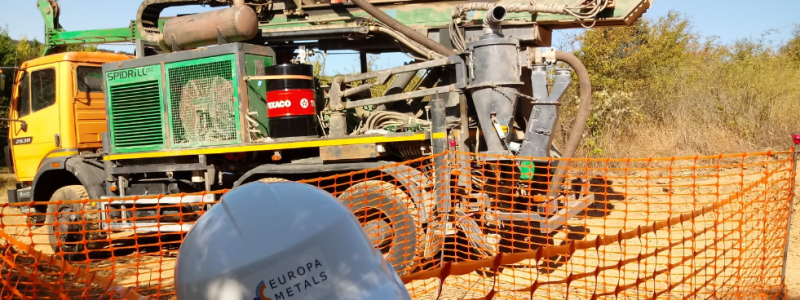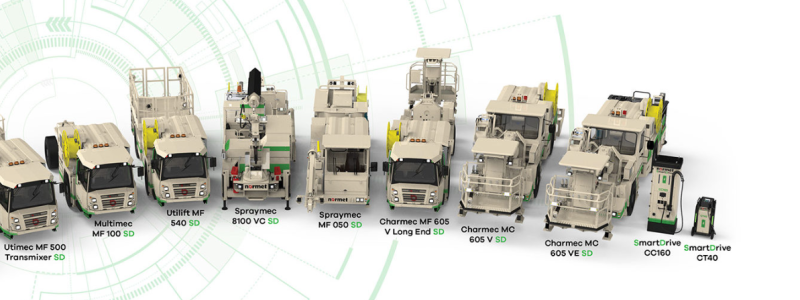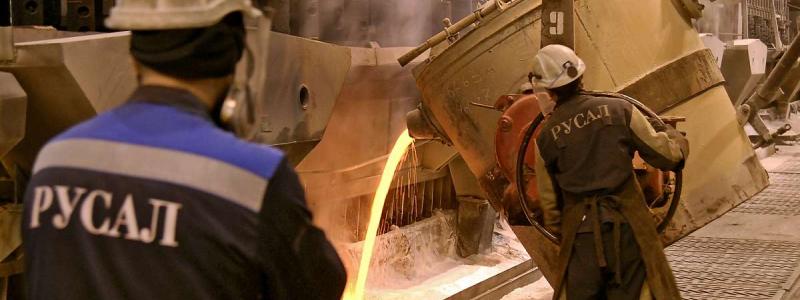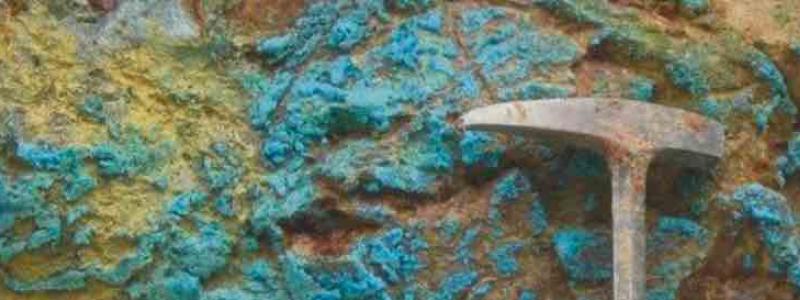SEPTEMBER 28
Atlas Material receives US$27m for new nickel processing technology for EV batteries
Atlas Materials announces the development of a breakthrough process technology for making ultra-low emission battery nickel at commercial scale and completion of a US$27m Series A funding round.
The Atlas Process will produce battery nickel with almost zero CO2 and no waste or other emissions while increasing the amount of ore available to make battery grade nickel by 50%.
The fundraise was supported by leading climate technology investors including the Grantham Environmental Trust and Voyager Ventures, amongst others. The proceeds will be used to complete the design and engineering work in preparation for the Company's first commercial scale plant- Electra- which will produce 1,800 tons per year of nickel in North America and is expected to enter production in 2027.
Atlas has assembled a world-class management team to develop its technology, design, and commission the plant and market the Company’s range of industrial materials. The Company is already working with global nickel industry leaders to construct its first commercial scale plant- Project Electra- in North America with support from Hatch, SGS and NewPro Engineering.
The Atlas Process combines proven processing technologies to extract nickel from saprolite ore to produce nickel in products which are critical to EV battery production. Until now, saprolite ores, which account for approximately one third of the world’s nickel resources, have not been available for battery grade applications.
The Atlas Process generates zero process emissions and as a result has an expected carbon dioxide intensity of only 0.1 ton of CO2 per ton of nickel produced when powered by renewable energy. The Atlas process works at atmospheric pressures and temperatures.
Electra is expected to produce 1,800 tons of nickel in MHP, an intermediate battery material, as well as saleable quantities of magnesium hydroxide (+99% pure) and supplementary cementitious materials (“SCM”) that can be used to abate emissions from other industries.
Magnesium hydroxide is used in flame retardants and in environmental applications such as flue gas desulfurization while SCM can be substituted for Portland Cement to reduce costs and dramatically reduce embedded carbon in new buildings.
Demand for nickel used in batteries is expected to grow by approximately 20 to 25 times by 2040 according to the IEA[2] as it is a critical material needed for the sustainable energy transition. There is an emerging global shortage of nickel for battery supply chains, with some estimates expecting a battery nickel supply deficit of nearly 900,000 tons per year by 2030[3].
Jeremy Ley, CEO and co-founder of Atlas said:
"The achievement of this significant milestone in Atlas' development shows the growing momentum behind our technology as a solution for producing the nickel with 99% fewer CO2 emissions than the industry-standard process currently used for making MHP Nickel.
“Through years of rigorous research, development and testing we have proved that it's possible to produce nickel in a clean, sustainable way. We have secured the funding to get Atlas ready for commercial production. We are proud to be decarbonizing the nickel industry."






